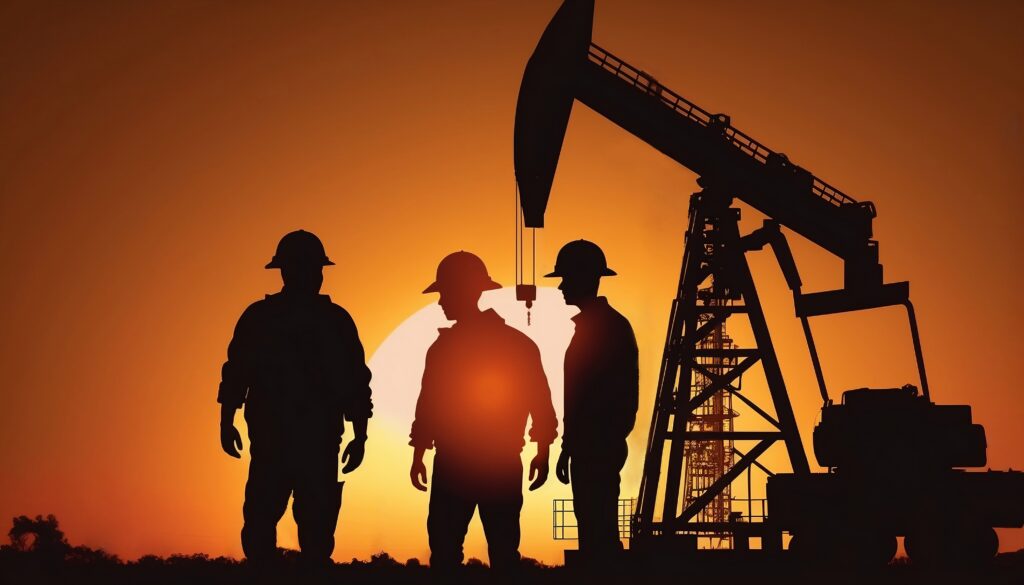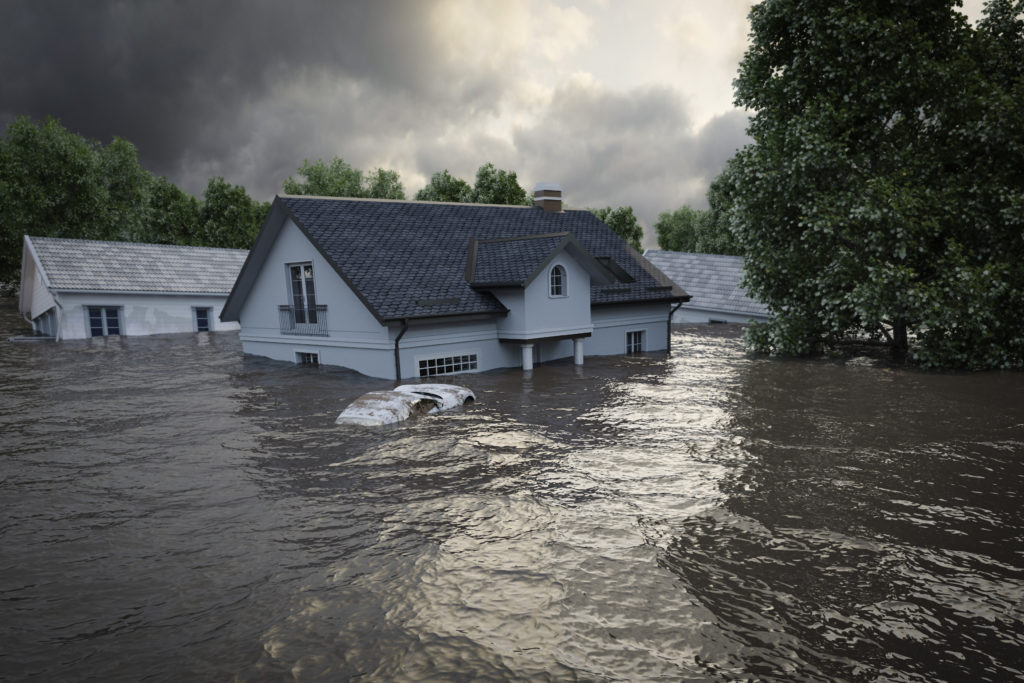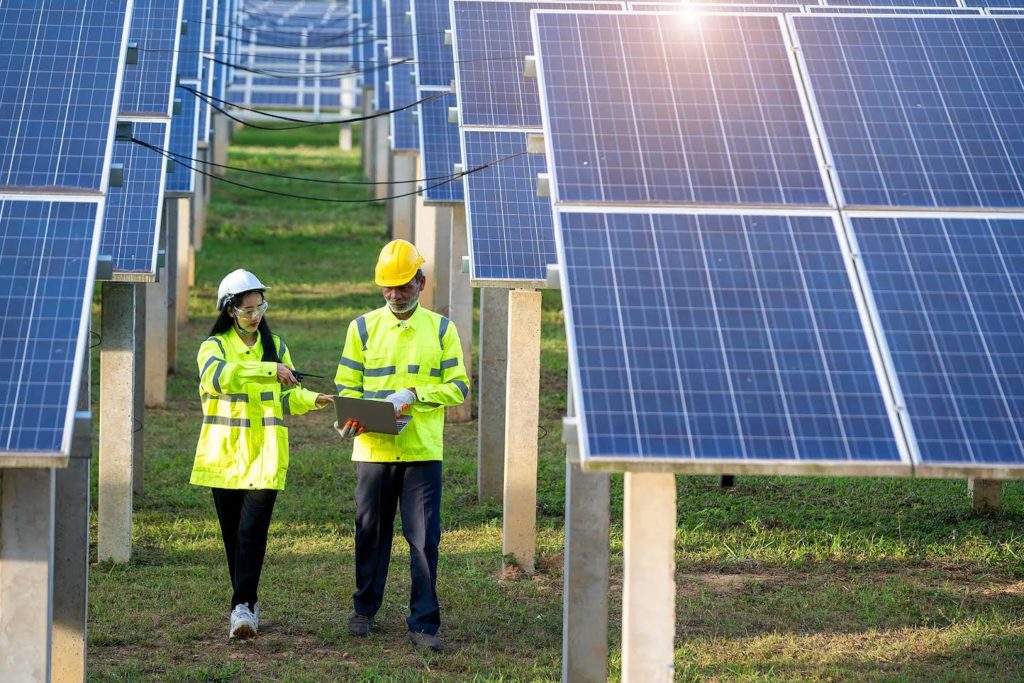SEE Your Future Career Day 2023

There is nothing better than a free event the whole family can enjoy. Especially one that gets you moving on your feet and introduces you to exciting new careers connected to energy and water resources. The 2023 SEE Your Future Career Day, hosted by KLRN PBS and powered by CPS Energy and Itron,Inc., took place […]
SEE Careers: Oil and Gas Field Inspector

Knowing all of your options is critical when deciding what career to pursue. A college degree has been the obvious student choice for many years. However, increasing tuition rates and potential debt have made students take a step back. Attitudes surrounding college degrees are beginning to shift. Alternative career paths are not only available but in high demand. For those in high school searching for a great career, steady salary, an outdoor work environment, and a chance to make a positive impact, consider pursuing a career in the energy sector as an oil and gas field inspector. With the recent federal funding of the REGROW (Revive Economic Growth and Reclaim Orphaned Wells) Act, oil and gas field inspectors are in high demand to solve both the energy and environmental challenges of the country. A government job in regulatory oversight could provide a stable and well-paying position that could turn into a long-term career path.
Global Warming and Natural Disasters: How we influence the weather

Global warming has become one of modern history’s most talked about topics. When combined with the plastic epidemic, water scarcity, deforestation, and pollution, there are more concerns surrounding the health of our planet and the future of civilization today than ever before. So what causes global warming, and what does it have to do with natural disasters? Global warming is primarily attributed to the magnification of the greenhouse effect sparked by excess carbon emissions released during human activities. Everything from agriculture, industry and transportation to the expansion of communities contributes to the problem.
The History of Sustainability

The United Nations Brundtland Commission defines sustainability as “meeting the needs of the present without compromising the ability of future generations to meet their own needs.” It’s a great proposition. Yet, as nice as this sounds, it’s an act that is often easier said than done. The irresponsible and unsustainable use of resources like water, […]
Conservation, Sustainability, and Efficiency: What’s the Difference?

The importance of clean energy and a healthy environment is everywhere nowadays. The average person is likely to encounter at least one campaign advocating for green practices through content on social media, advertisements, or even through their school or work. Vocabulary like conservation, sustainability, and efficiency are used repeatedly and often interchangeably. However, to truly grasp the goals of ecological movements and campaigns, understanding what each one means can come in handy. In light of new information surrounding green energy and sustainable practices, people around the globe are fighting to be part of the conversation. So what is the difference? And how can one get the most out of their conservation, sustainability, and efficiency efforts?
Smart Energy Education Scholarship Now Open for 2023!

The Smart Energy Education Scholarship opening for 2023 is here! Available to any student pursuing an energy-related career, whether it be a four-year degree or a skilled trade, students are encouraged to apply as soon as possible.
Welcome to the Smart Energy Education Scholarship Program

Graduating high school is a remarkable achievement every student should be proud of. It’s a time to celebrate and commend your hard work to gain your diploma. Yet, high school graduation can also be stressful for many students. The decision to pursue a college degree, a skilled trade, join the military, or go straight into the workforce can be intimidating. Financial barriers can create uncomfortable situations for students who don’t have the support needed to accomplish their goals. Classes, training, books, living arrangements, and transportation costs can add up very quickly. This can be especially true when considering a university degree or even a skilled trade. Despite the commonality of these financial stressors, students should not have to feel the pressure of not being able to afford the pursuit of a higher education or trade.
SEE Careers: Electrician

The world comes alive and allows us to live day and night thanks to the power of electricity. Since Thomas Edison invented the electric lightbulb in 1879, our lives have been transformed and propelled forward through the electric currents that flow through the nation. Imagine the consequences of something as seemingly minor as a two or three-day blackout. Without the ability to refrigerate our food, communicate through technology or use transportation safely, a city is left at a huge and dangerous disadvantage.
SEE Careers: Energy Manager

Readily available water and energy means we have the ability and time to accomplish tasks more easily than ever before. However, as convenient as this is, the waste created through daily activities can quickly get out of hand if not managed properly. Unnecessary energy waste has proven to be expensive and damaging to the environment, which can be off putting to clients. Additionally, shifting views surrounding sustainability and the financial savings that come with energy efficiency have encouraged small businesses and large corporations alike to be more responsible with their resources. Everything from adjusting the AC to reducing the energy used after hours can save companies thousands of dollars each year. Energy management gives organizations an advantage by implementing conservation and efficiency strategies to reduce waste as much as possible.
SEE Careers: Water Careers in the Energy Sector

Water and energy share a unique connection. Creating energy requires water for dams, extracting fossil fuels, and cooling in thermal processes. On the other hand, gaining access to water through extraction, treatment, and distribution to the region’s population requires abundant energy. You can’t have one without the other. Jobs related to energy and water, therefore, become essential.

